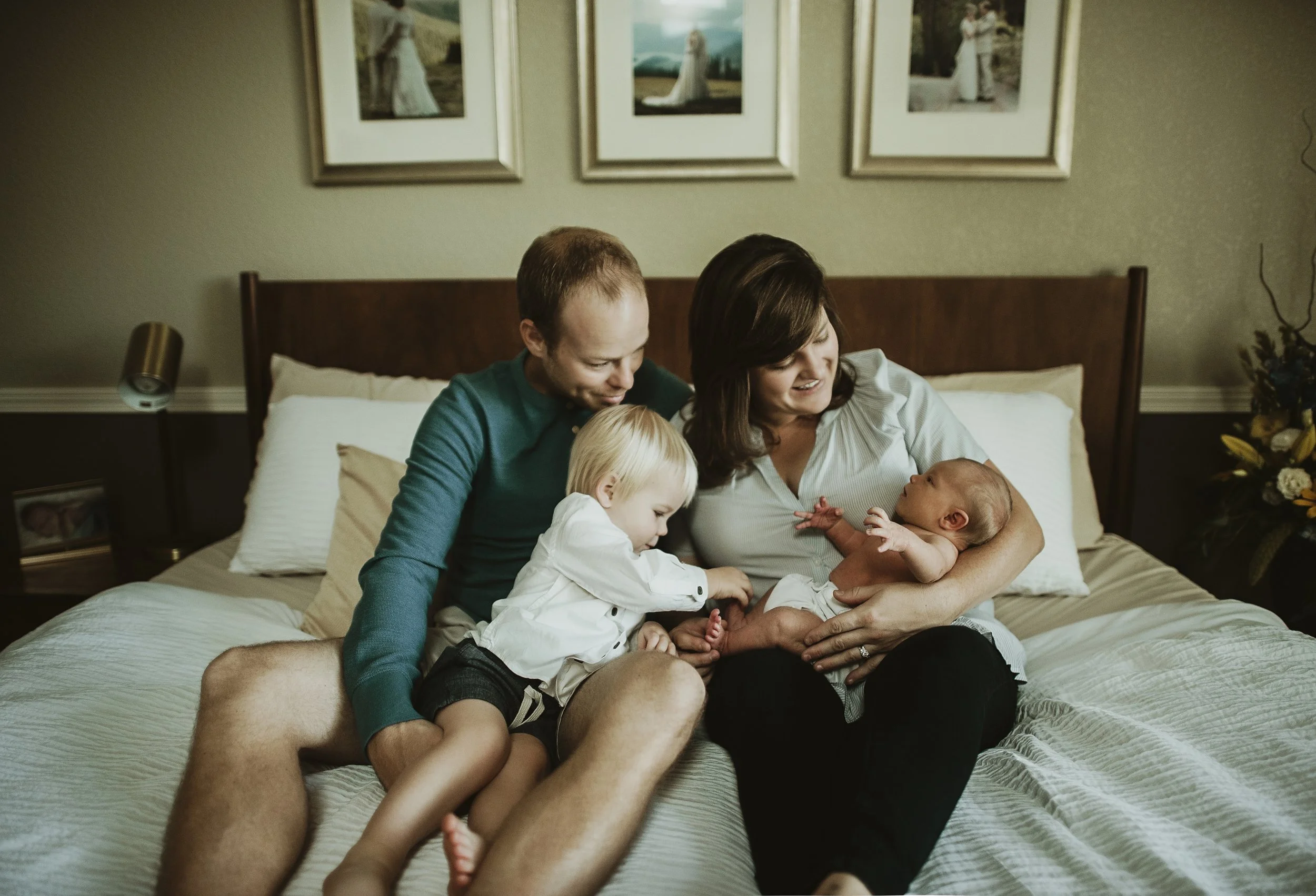Ensuring a secure future for your family starts with understanding the essentials of estate planning. Though most parents do not pass until their children are well into adulthood, a comprehensive estate plan is crucial for families with young children to ensure their future is secure and well-managed in the event one or both parents die leaving minor children behind. This, maybe more than any other circumstance, is when a comprehensive estate plan is most necessary. It provides you peace of mind knowing that your children will be cared for and your assets will be allocated according to your wishes. By establishing a comprehensive estate plan, you can minimize potential conflicts among family members, avoid lengthy legal processes, and ensure that your children’s financial and personal needs are met.
Creating a Will or Setting Up a Trust: The Foundation of Your Estate Plan
A will or trust is the cornerstone of any estate plan, providing clear instructions on how your assets should be distributed after your death. It allows you to appoint an executor or trustee to manage your estate and ensure that your wishes are carried out. For families with young children, a will or trust is particularly important because it can also include provisions for appointing a guardian to care for your children in the event of your untimely passing. Although both documents allow you to direct an executor or trustee to carry out your wishes, by creating a trust, you can help your children avoid probate court and the fees and delays associated with that process.
Choosing a Guardian for Your Children: Your Most Important Decision
Selecting a guardian for your children is one of the most critical decisions you will make in your estate planning process. Choosing a guardian for your children is hard—that is why many people put off estate planning. But if you fail to appoint a guardian, that decision is left to a judge. The guardian will be responsible for the upbringing, care, and well-being of your children when you are no longer able to do so. It is essential to choose someone who shares your values and parenting philosophy, and who is willing and able to take on the responsibility. You should always discuss your decision with the chosen guardian to ensure they are prepared for this potential role.
Divorced and Blended Families: Special Considerations
Divorce, remarriage, and blended families present more difficult challenges. Choosing a guardian for minor children can lead to conflict among divorced people. For divorced parents, who have their estate plans prepared separately after divorce, their chosen guardian may no longer match and there may no longer be any discussion about who should raise their children. Coming to an agreement on a guardian post-divorce and executing on that agreement is vital to prevent your children from being in the middle of a likely protracted and contentious guardianship dispute among families.
There are also financial complications to consider. Many people entering into a blended family already have an estate plan that was created during a previous marriage—which they fail to update. Others assume that if they just leave everything to their new spouse, that person will automatically pass stuff down to the children from each marriage fairly and equitably when they die. Plenty of others never bother to create an estate plan of any kind. Without an updated estate plan, your assets may not be distributed according to your wishes, potentially leaving some of your children with no inheritance.
Life Insurance: The Importance of Choosing the Right Policy
Adequate life insurance coverage can provide financial security for your children if you are no longer able to provide for them. Life insurance serves not only as a means to cover final expenses and pay off debts but also as a way to replace your lost income and fund future needs such as your children’s health and education. It’s crucial to assess the amount of coverage necessary to support your family adequately, considering current and future financial obligations. By carefully selecting the appropriate life insurance policy, you can create a safety net that ensures your family’s financial stability and supports them through challenging times, making it a critical part of a comprehensive estate plan.
Updating Your Estate Plan: When It is Necessary
An estate plan is not a one-time task but rather a dynamic document that should be reviewed and updated regularly. Although your estate plan can automatically account for certain life and family changes, certain shifts necessitate updates to your estate plan. You should review and update your estate plan every three to five years or:
When your children become adults
As your assets and estate grow
If you become widowed or divorced
If your children have special needs
By regularly revisiting your estate plan, you can ensure that it remains aligned with your current wishes and circumstances, providing ongoing protection and security for your family.
As scary as the process may seem, and even though estate planning may feel unnecessary if you and your spouse are young and healthy, it is still one of the most important things you can do to protect your family and ensure your children are well taken care of and receive the financial care they need. We are here to help you understand your options, make these important decisions, and remind you that you can change your mind.

